How DEI became the latest battleground in the right’s ‘war on woke’
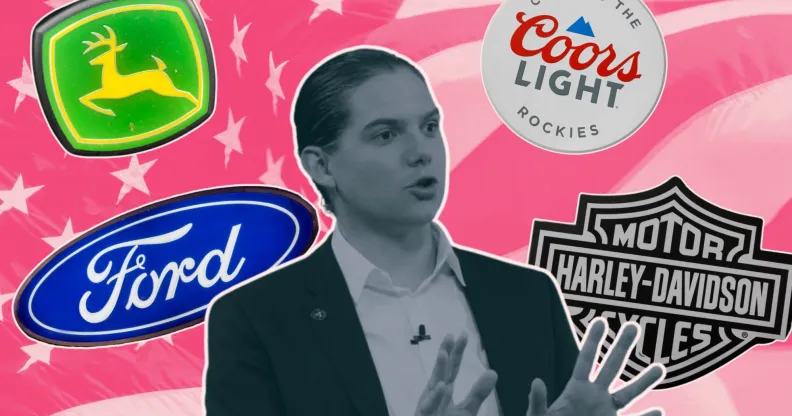
What’s causing the death of DEI in America? (Getty Images/PinkNews)
As the term diversity, equity and inclusion (DEI) becomes weaponised by right-wing politicians and pundits, American businesses are beginning to back out of their commitments to support and provide an inclusive working environment.
The origin of the term DEI as a workplace concept dates back to the 1960s amid a cultural and societal shift towards a more equitable society. The 1964 Civil Rights Act was the first federal law in the US that prohibited discrimination on the grounds of race, colour, sex or national origin, making it illegal for employers to discriminate in hiring, firing and terms of conditions of employment.
It’s worth noting that federal protection for LGBTQ+ employees came through court cases and executive orders, and not until the 90s at the earliest.
The cultural shift brought on by the Black Lives Matter and #MeToo movements led companies to broaden their commitment to DEI initiatives to attract talent, and appeal to customers.
However, thiscultural shift – which has polarised the US – has brought with it a backlash to diversity of thought in the workplace, led by ultra-conservatives focused on gutting so-called woke policies.
The benefits of DEI
The benefits of diversity and inclusion in the workplace go far beyond it being “the right thing to do.” Research shows that having a work environment where authenticity is encouraged, leads to more innovation, employee engagement and productivity.
The commitment to inclusive workplaces echoes the attitudes of most Americans consumers. Gen Z, being the most diverse generation, prefer to spend money with companies that share the same purpose.
For the LGBTQ+ community specifically, 30 per cent of Gen Z identify as queer and have a massive spending power of more than $1.4 trillion (£1.06 trillion.) Research for GLAAD found that 71 per cent of queer adults are more likely to spend with companies that reach out to the community, and Americans are twice as likely to buy from brands that support LGBTQ+ rights.
The weaponisation of DEI
Despite the abundantly clear evidence that DEI policies are good, the concept has been under increasing attack from ultra-conservative and right-wing influencers, politicians, pundits and media outlets as part of their collective “war on woke.”
While being woke essentially means one is socially aware, and giving everyone an equal voice, the thought of an equitable society is despised by the hard-line right-wingers, who co-opted the term as a slight in their lexicon.
Before he was a failed presidential candidate, governor Ron DeSantis took the mantle of lead anti-woke warrior by proudly asserting that his state of Florida is where diversity initiatives “go to die.”
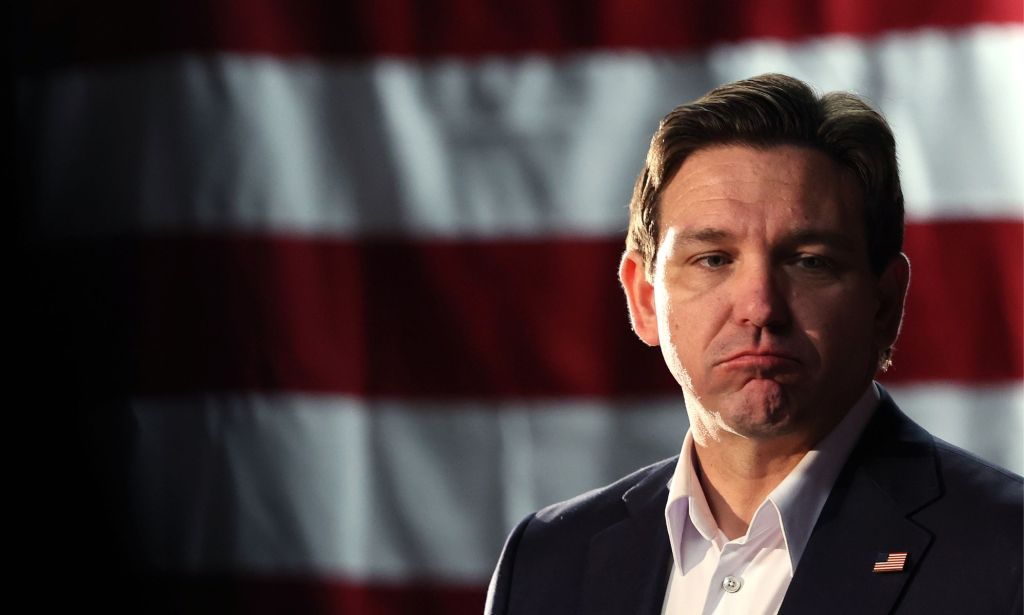
DEI, as a phrase, has also evolved into a racist dog-whistle. Those on the right of the political spectrum have described vice-president Kamala Harris, and White House press secretary Karine Jean-Pierre, as “DEI hires.”
The rhetoric was so intense that Republican speaker of the house Mike Johnson had to encourage members of his party to “focus on policy not personality”, during a behind-closed-doors meeting.
DEI also comes in up in Project 2025, the alleged framework for what a second Donald Trump presidency would look like. Not surprisingly, the forward says: “The next conservative president must make the institutions of American civil society hard targets for woke culture warriors.”
Targeting DEI as a business function
While every yin needs a yang, the anti-DEI movement has grown from murmurs to a millions-strong collective, using social media platforms such as X/Twitter to spread misinformation and put pressure on “woke” companies and brands.
In 2023, many legacy brands and companies became the target of the “anti-woke” movement simply for collaborating with LGBTQ+ influencers and creators. While Target and Bud Light received added criticism from the queer community for a perceived withdrawal of support, brands such as The North Face and Nike stood their ground and continued to back queer collaborators.
The landscape shifted this year to attacking companies for their DEI policies: the ones that secure a more equitable job experience for marginalised staff through employee resource groups (ERGs), charitable donations and initiatives that offer progression for employees. A handful of large companies have already abandoned their equity programmes in the face of pressure spearheaded by right-wing activist Robby Starbuck.
Who is Robby Starbuck?
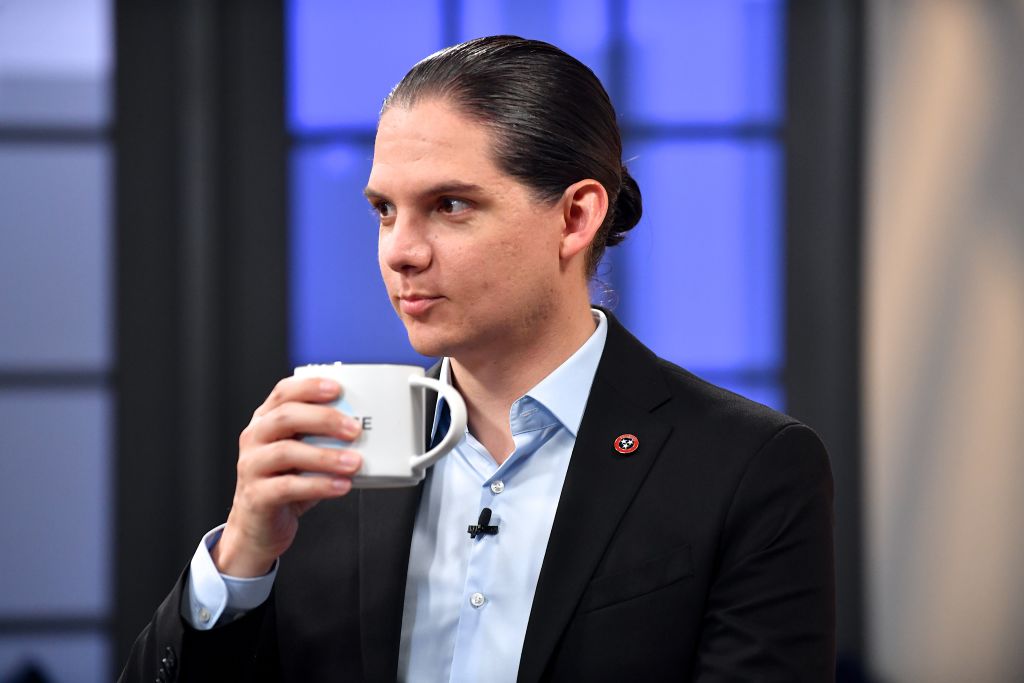
Starbuck is a former music-video and commercial director turned right-wing activist who has amassed a large social media audience since posting his experiences as a Republican in Hollywood.
He campaigned against mask and vaccine mandates during the COVID-19 pandemic and ran – unsuccessfully – on the Republican ticket to be a state representative in Tennessee.
His recent documentary, The War on Children, suggested that a trans movement has sexualised children, and promoted a conspiracy theory that toxic chemicals turn youngsters gay. The film has been mired in controversy with participants, including drag queen Veronika Electronika, claiming they were tricked into being interviewed.
The film has been viewed millions of times and even promoted by X boss Elon Musk, but has been removed from Amazon Prime Video for, according to Starbuck: “Covering the dangers of sex changes for kids and the dangerous role our government has played in this social contagion.”
Using his audience and reach, Starbuck began pressuring companies popular with conservatives to abandon their DEI initiatives, including support for the LGBTQ+ community.
The companies abandoning DEI
Since Starbuck’s anti-DEI crusade began, a steady stream of household brands and companies have succumbed to the pressure and publicly announced the abandonment of their DEI initiatives.
Tractor Supply Co
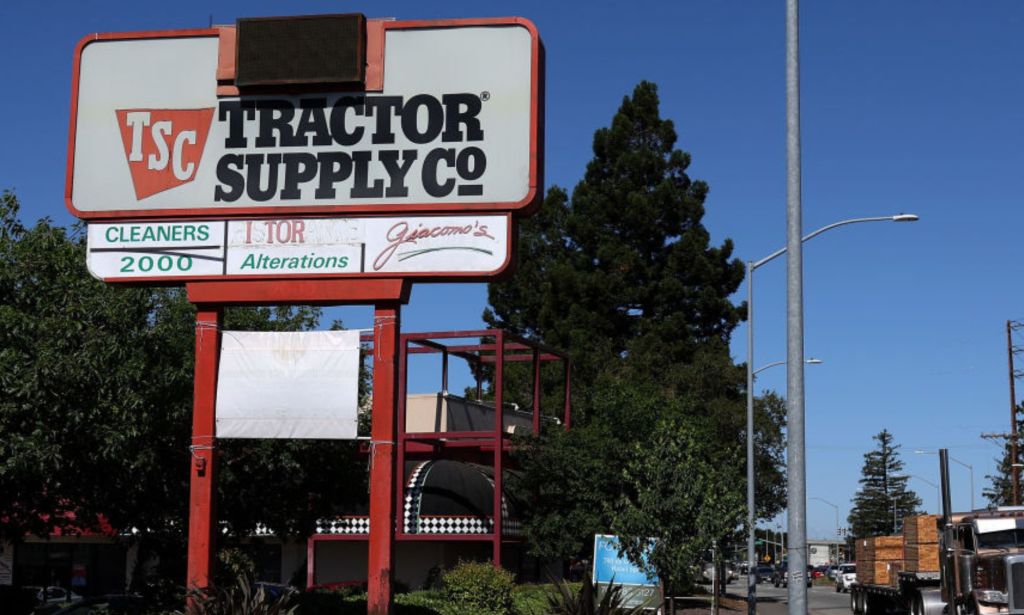
The rural America retail chain specialising in agricultural wares was the first domino to fall under Starbucks’ scrutiny. In a lengthy tweet exposing Tractor Supply for having “woke priorities”, including donations to charities that support LGBTQ+ youngsters, the company faced an intense backlash on social media.
The firm quickly relented, promising to eliminate their DEI programmes and climate change goals, saying: “We have heard from customers that we have disappointed them. We have taken this feedback to heart.”
In addition, the company will no longer provide data to the Human Rights Commission’s (HRC) Corporate Equality Index (CEI), a bench-marking tool that rates American businesses on policies and practises that affect their LGBTQ+ employees.
John Deere

John Deere, the tractor manufacturers based in rural Illinois, turned their back on their queer employees and customers (gay people can drive tractors) soon after Starbuck singled out the company for encouraging employees to display their pronouns and support local Pride celebrations.
In a statement, the big green tractor maker said all ERGs would now be focused on professional development rather than identity, and that the company would no longer “participate [in] or support external social or cultural awareness parades, festivals or events.”
However, John Deere did go on to say they “fundamentally believe a diverse workforce enables us to best meet our customers’ needs and, because of that, we will continue to track the advancement of the diversity of our organisations”.
Jack Daniel’s

Another well-known brand, Jack Daniel’s, announced the scrapping of all DEI initiatives because “the world has evolved” since 2019 when the business, owned by Brown-Forman, first introduced the policies.
Starbuck considered this a big win, writing on X that he received the news before he could expose the company and bragging: “We are winning… one by one we will bring sanity back to corporate America”.
Despite the new “strategic framework”, including leaving the HRC’s CEI index, the company will still foster an inclusive culture where “everyone is welcomed, respected and able to bring their best self to work”.
Harley-Davidson
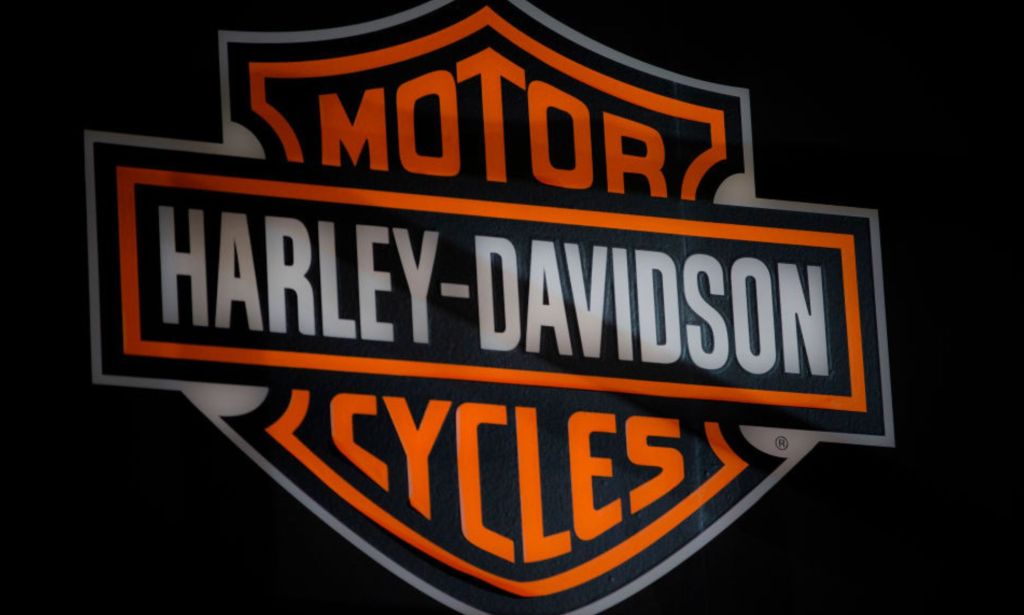
The motorcycle maker succumbed to the anti-woke brigade after Starbuck accused the company of taking on DEI initiatives. “I don’t think the values at corporate reflect the values of nearly any Harley-Davidson bikers,” he wrote on X.
“Do Harley riders want the money they spend to be used later by corporate to push an ideology that’s diametrically opposed to their own values?”
Despite a long history of supporting LGBTQ+ causes, Harley-Davidson said they hadn’t had a DEI function since April and “no longer have supplier diversity spend goals”.
In addition, all employee training would only be business-related and “absent of socially motivated content.”
Ford
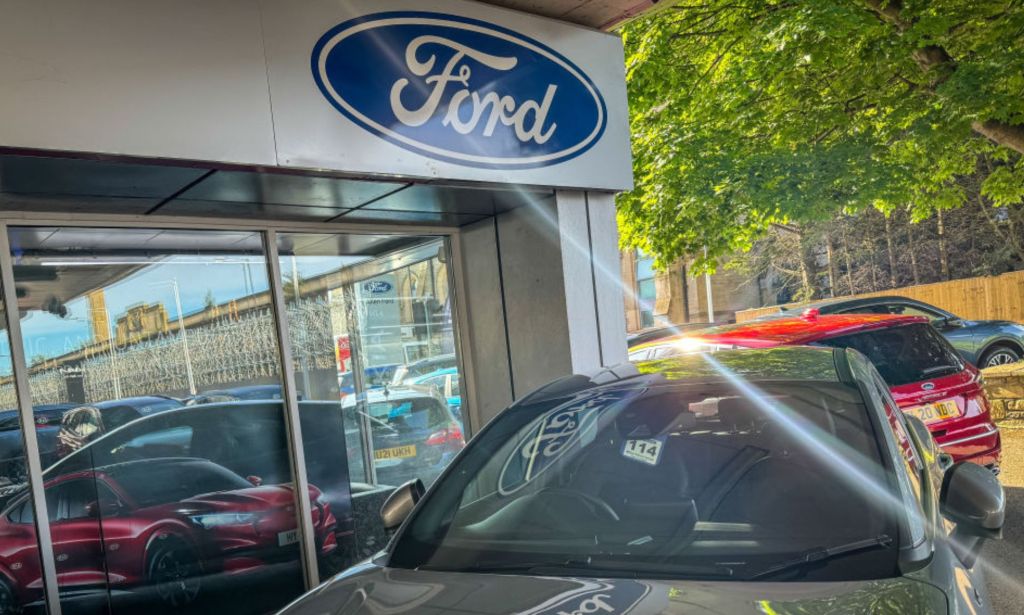
The car manufacturer announced in August an intention to leave the HRC’s CEI. Chief executive Jim Farley wrote in a memo that the company would focus on taking care of employees and customers “versus publicly commenting on polarising issues of the day”.
Farley also sits on the corporate board at Harley-Davidson.
While Starbuck publicly celebrated another win, the HRC condemned the move, saying: “Today, Ford abandoned its values and commitments to an inclusive workplace, cowering to MAGA weirdo Robby Starbuck.”
Lowe’s
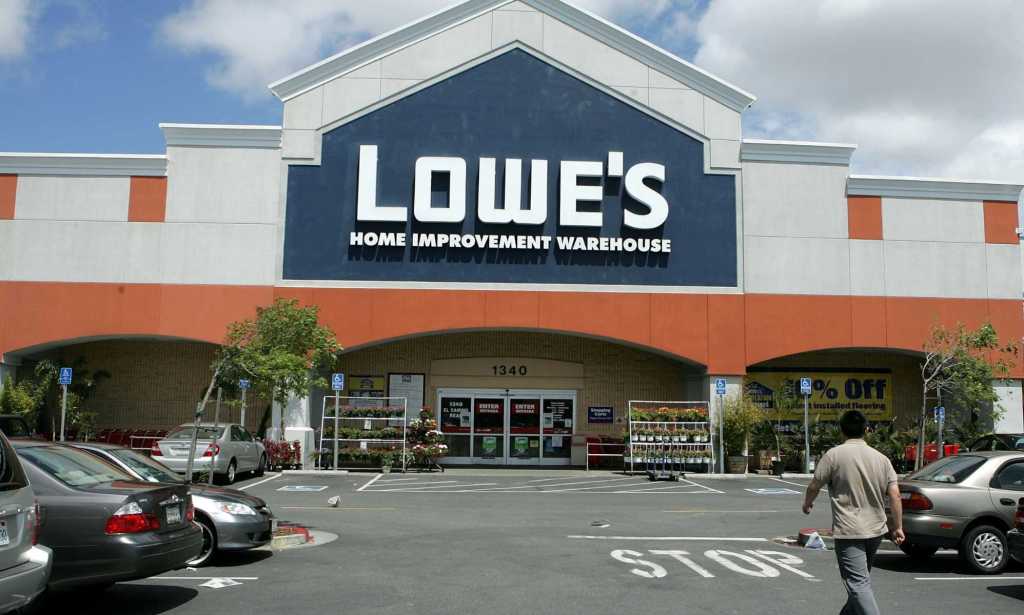
The home-improvement retailer Lowe’s followed in Ford’s footsteps by removing itself from the HRC index as well as combining all ERGs into one “umbrella” organisation and ending support for and involvement [with] “festivals, parades and fairs”, which probably specifically meant Pride events.
Starbuck bragged on X that he contacted the company to warn them of the impending exposé of their “woke policies” and “woke up to an email where they pre-emptively made big changes”.
Not that it matters, but a spokesperson for Lowe’s told CNN that they had been approached by Starbuck after the company “already announced changes that had long been in process”.
Molson Coors
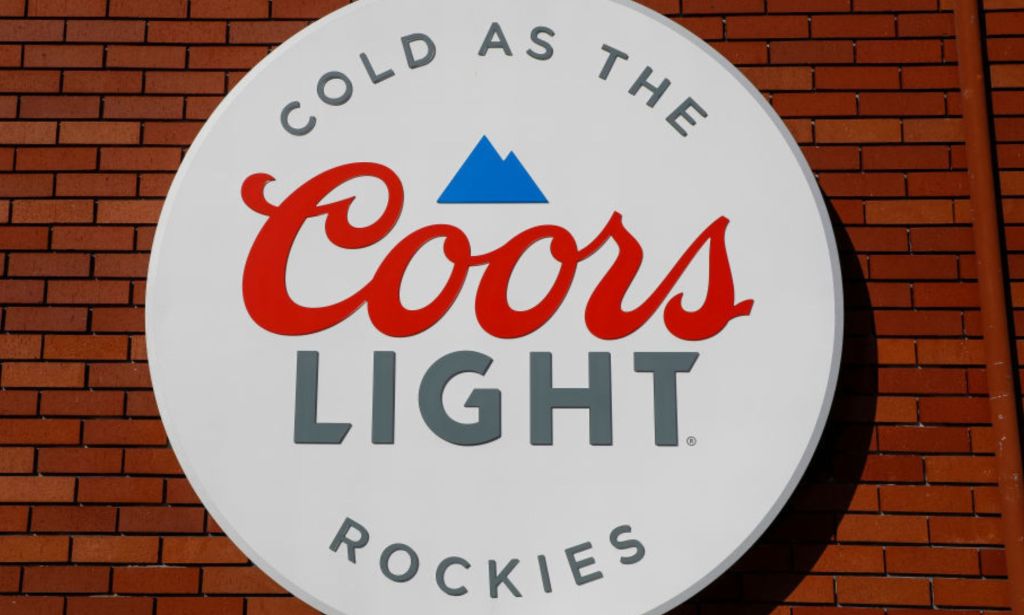
Molson Coors Brewing Company reportedly began restructuring its corporate training programmes in March, according to an internal memo.
Despite once being “refreshingly proud”, the brewer added that it will do away with DEI programmes and diversity quota because of the “complicated” rise of anti-LGBTQ+ rhetoric.
Human rights groups struck back, with GLAAD shaming the company for deciding to “walk away” from supporting marginalised groups “when it gets noisy and hard”.
Stanley Black & Decker
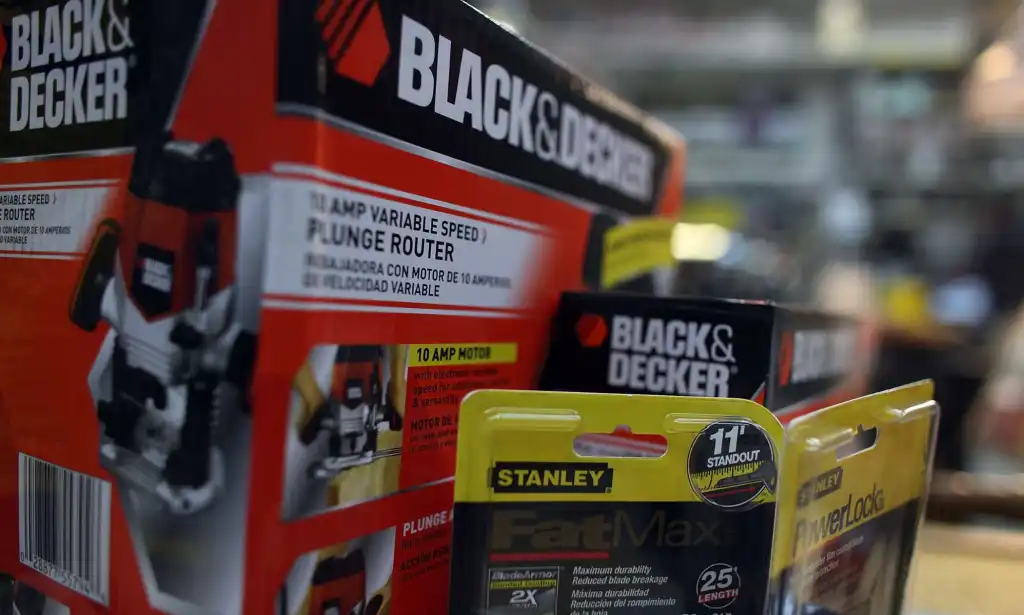
Toolmakers Stanley Black & Decker have been accused of “scrubbing” all mentions of DEI from its corporate website.
This time though, the backlash came from Consumers’ Research, a right-wing campaign group that prides itself on targeting “wokeness” in business.
The pressure group’s executive director, Will Hild, believed Stanley Black & Decker might continue to undertake DEI activities “albeit more surreptitiously than before they were caught”.
Share your thoughts! Let us know in the comments below, and remember to keep the conversation respectful.
How did this story make you feel?
